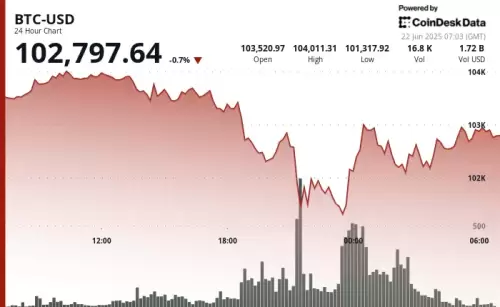Pakistan navigates the complex world of stablecoins and crypto, balancing innovation with economic realities and regulatory hurdles. Will experimentation lead to a digital finance hub?

Pakistan's Stablecoin Experimentation: A Balancing Act
Pakistan's flirtation with stablecoins and crypto is heating up, but can they balance innovation with economic reality? The nation is actively experimenting with digital finance solutions, but faces regulatory uncertainty.
The Allure of Stablecoins in Pakistan
Stablecoins, pegged to assets like the US dollar, offer a refuge against the rupee's depreciation and high inflation. For Pakistan's tech-savvy youth, they're not speculative tokens, but practical tools for saving and managing money. Freelancers embrace them for faster, cheaper remittances, while small businesses see them as a hedge against currency fluctuations.
A Policy Tug-of-War
The government is caught in a bind. On one hand, the Pakistan Crypto Council is drafting stablecoin regulations and exploring tokenized assets. On the other, the State Bank maintains its ban on cryptocurrencies. This "start-stop" approach creates uncertainty, hindering investor confidence and innovation.
Electricity for Crypto Mining: A Risky Gamble?
Pakistan's plan to allocate 2,000 MW of electricity to crypto mining, spearheaded by Bilal Bin Saqib, aims to attract foreign investment and leverage surplus energy. The initiative, unveiled at BTC Vegas 2025, involves repurposing underutilized coal plants. But the International Monetary Fund (IMF) is questioning the plan's legality and sustainability, especially given Pakistan's strained energy grid and ongoing financial negotiations.
Challenges and Opportunities
Pakistan faces high electricity costs and regulatory hurdles. Digital currency remains illegal for domestic use, and the Financial Action Task Force (FATF) adds further complexity. However, the country's young population, growing digital asset wallets, and untapped renewable energy potential offer a strong foundation for digital innovation.
The Path Forward
Pakistan needs a coherent regulatory framework to instill investor confidence and ensure consumer protection. Collaboration with foreign fintech companies and funding local blockchain startups could position Pakistan as a regional leader in controlled digital finance. However, addressing energy reliability and IMF concerns is crucial.
A Tentative Vision
Pakistan's experimentation with stablecoins and crypto is a high-stakes gamble. Success could inspire other developing nations, while failure could reinforce the IMF's cautious stance. For now, Pakistan's vision hangs in the balance, caught between innovation and economic reality.
So, will Pakistan become a crypto powerhouse, or will the lights go out? Only time will tell, but one thing's for sure: it's going to be an interesting ride!














































































